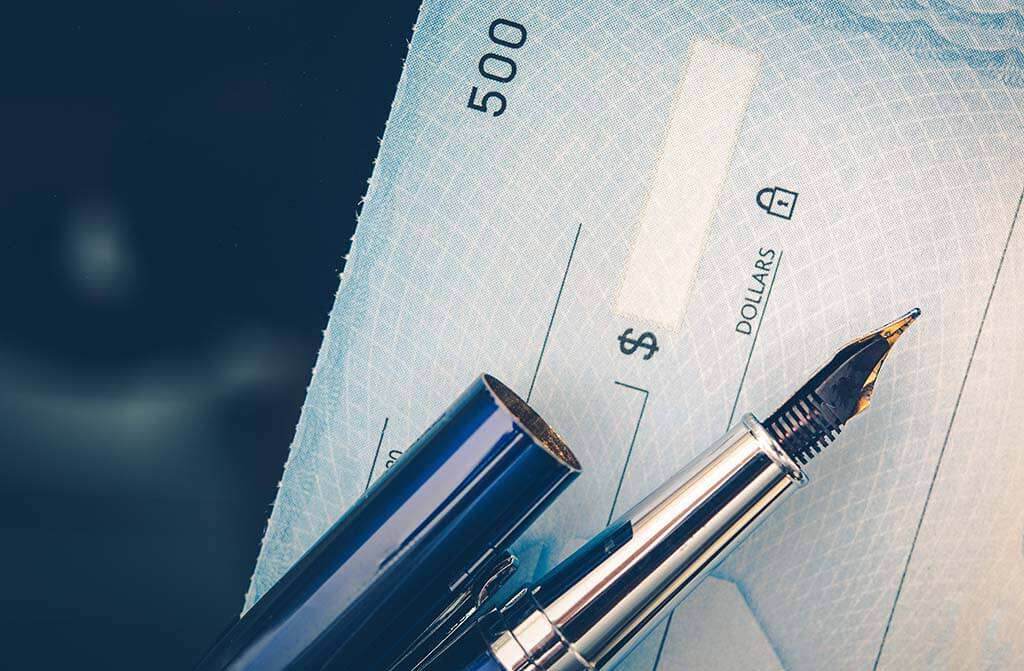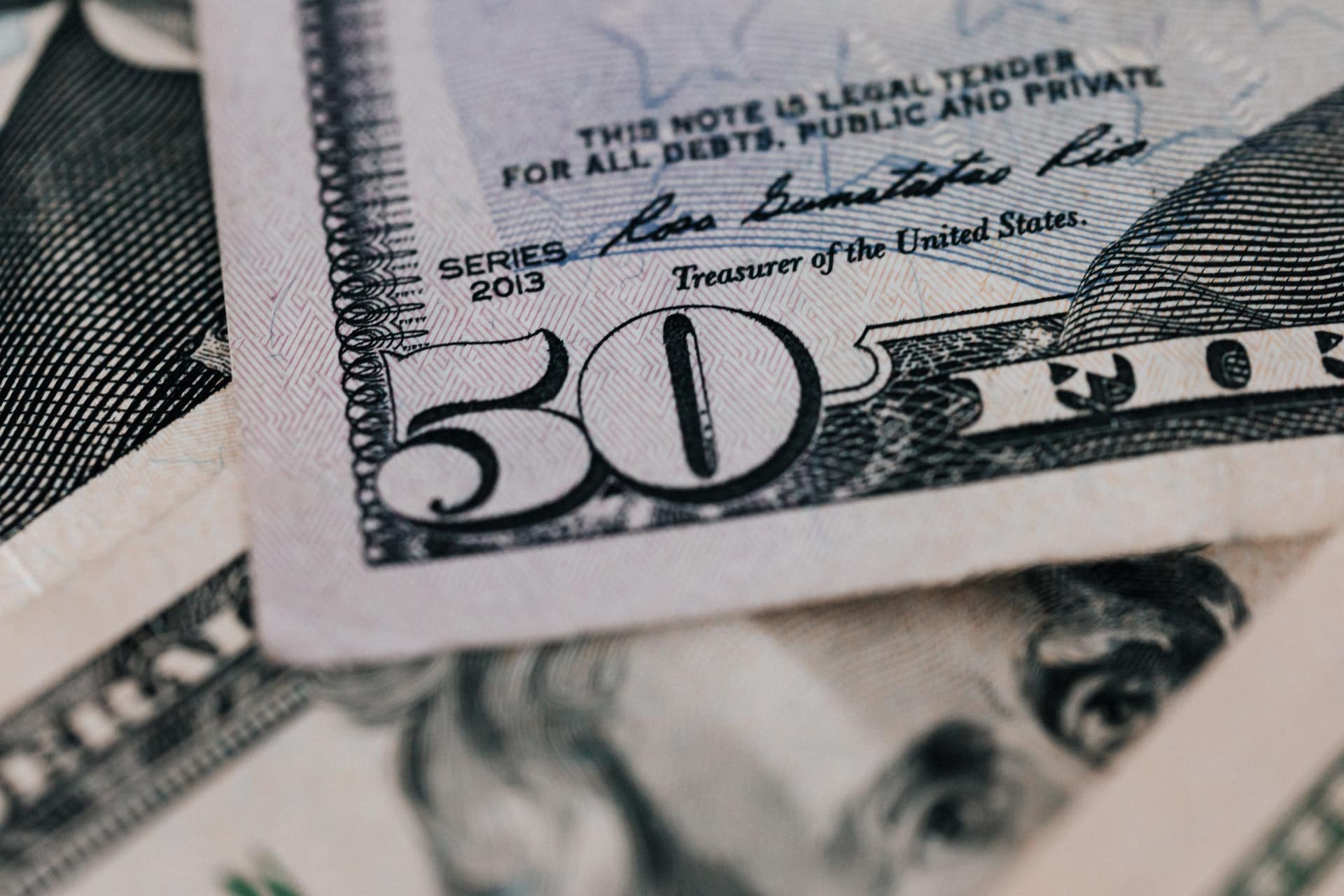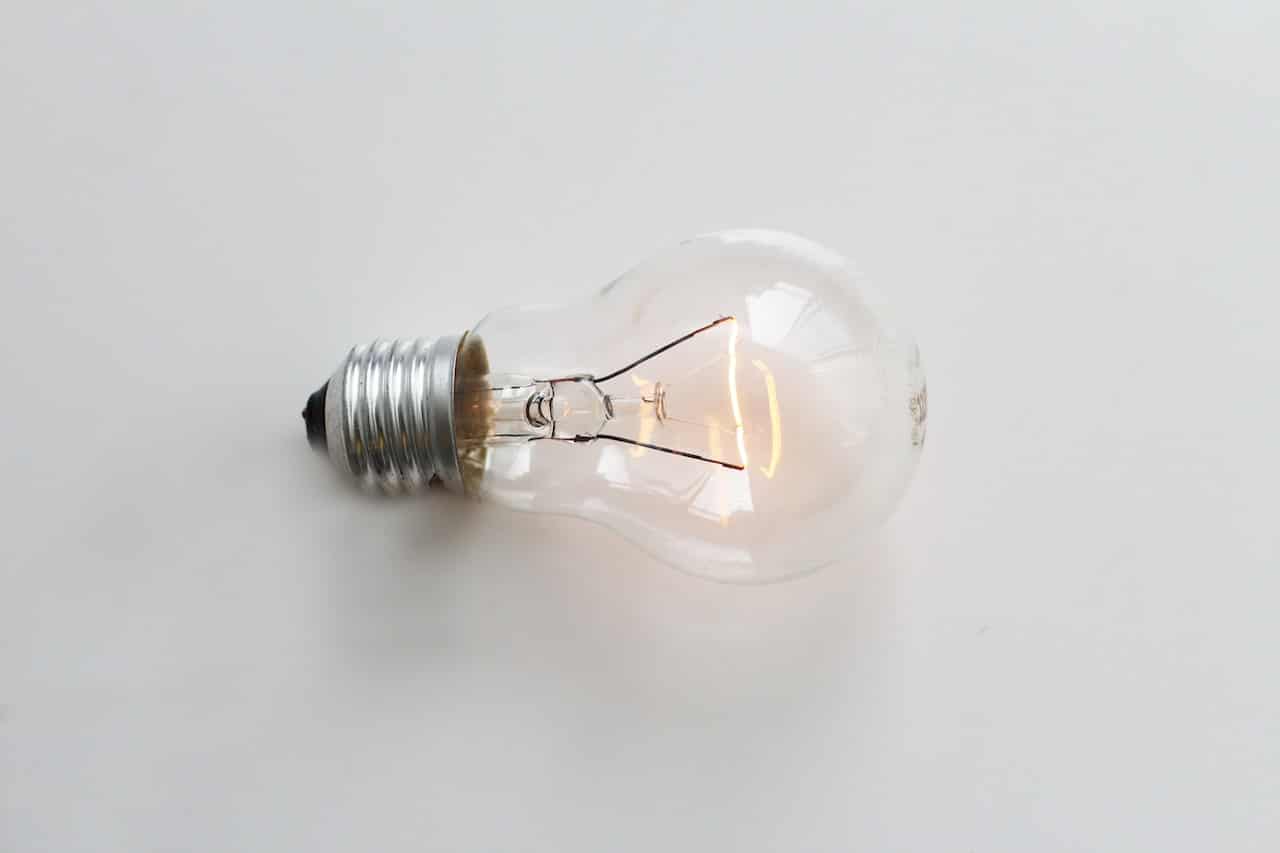The main difference between cashier’s checks and certified checks is where the money comes from. Cashier’s checks draw funds from the bank’s account, while certified checks draw funds from the check writer’s bank account. This distinct difference makes cashier’s checks more secure than certified checks.
Approximately 107.9 million Americans are fully banked.1 If you have a bank account and are looking for an alternative payment option, read on to discover which one is best for you: cashier’s check vs. certified check.
Cashier’s Checks vs Certified Checks: An Overview
| Feature | Cashier’s Check | Certified Check |
| Definition | A check drawn by a bank on its own funds. | A personal check that the bank verifies and certifies. |
| Issuer | Issued and guaranteed by the bank. | Issued by an individual but certified by the bank. |
| Funds Source | Bank’s own funds. | Customer’s account. |
| Purpose | Typically used for larger transactions. | Used for various purposes, often for verification. |
| Cost | Usually has a fee, which varies by bank. | May have a fee, which varies by bank. |
| Security | Considered very secure as it’s backed by the bank. | Secure, but slightly less than a cashier’s check. |
| Stop Payment | Difficult to stop payment once issued. | Possible, but with certain conditions. |
| Expiration | May expire after a certain period (e.g., 90 days). | Typically doesn’t expire but may become stale after 6 months. |
| Availability | Available to both customers and non-customers. | Typically available only to bank customers. |
| Risk of Fraud | Lower risk due to the bank’s direct involvement. | Slightly higher risk compared to cashier’s checks. |
What Is a Cashier’s Check?
A cashier’s check is a type of bank check issued by a bank. A cashier’s check is similar to a money order. This type of check bears the name of the payee and the amount, and the recipient is allowed to use the check to collect funds from the payer’s bank. Most banks charge $8 to $15 per cashier’s check.2
Cashier’s checks are typically used for large purchases, such as:
- Real Estate Transactions: Buying homes, land, or commercial properties.
- Vehicle Purchases: Buying cars, trucks, motorcycles, boats, or recreational vehicles.
- Tuition Payments: Paying for college or private school tuition in a lump sum.
- Home Renovations: Major home improvement projects or additions.
- Business Investments: Investing in a new business venture or buying into a franchise.
- Medical Procedures: Paying for plastic surgery, elective surgeries, or treatments not covered by insurance.
A cashier’s check has some advantages over personal checks regarding security and reliability. A personal check is only good if there is enough cash in the account to which it is attached. But, a cashier’s check is created with the balance in the account, which means the bank will not issue a cashier’s check if the account is not currently enough to cover the check.
When the bank creates the check, the money essentially becomes the bank’s money. The Federal Deposit Insurance Corporation (FDIC) now guarantees the money will stay in the bank. That protection ensures that the funds will be available to the payee as soon as they deposit the cashier’s check.
How Do Cashier’s Checks Work?
Getting a cashier’s check is very similar to the process of getting a money order. To buy it, you take the amount and name of the payee to your bank teller, and they give it back as an official form of payment.
A bank will typically require a customer requesting a cashier’s check to present valid photo identification and an account number before issuing the check.
The customer then requests the check amount, determines if they want it made out to themselves or someone else, and provides additional information required for depositing with the retail bank or credit union.
Once the payment is processed, the check will be printed and mailed to the payee or delivered to you. No matter the delivery option, you should always get a receipt.
What is a Certified Check?
A certified check is a check that a bank also issues. Like a cashier’s check, a certified cheque converts cash into a check that anyone can use for payments. Instead of getting a payment from the customer, the bank creates a certified check by using funds from your bank account.
How Does a Certified Check Work?
When you request a certified check from your bank, they first check that the account holder’s signature matches their records and that you have enough funds to cover it. Once this information is verified, the amount is withheld until the check is either cashed or deposited.
Let’s say you have a personal checking account with $1,000 in it. You need a certified check to pay your landlord $500 for rent. When you go to the bank to purchase the certified check, the teller will ensure enough to cover the check amount. After that certified check is drawn, you will no longer be able to access the funds, even though they may still be sitting in your account.
Check Scams and Fraud
Even with all of their pros and cons considered, cashier’s checks and certified checks are more secure than personal checks. But, there are still many ways that thieves can steal your money. Learn what frauds and scams you need to look out for.
Fraudulent check scams happen in many instances. One of the most common is presenting a fake certified or cashier’s check as payment for something.
A common scam happens on buyer/seller websites like Craigslist. A buyer will send a seller a forged cashier’s check written for much more than the item’s price. Once the seller deposits the check, the buyer asks for the extra money he “mistakenly sent” back. The seller returns the money. Later, the bank discovers that the check is fraudulent, and the seller is responsible for all the lost funds.
Certified checks are also prone to counterfeit fraud. Since a bank, by law, has to cash a certified check by the next business day, they may not verify the check until after they have given the money to the payee.
How to Protect Yourself From Scams
As technology advances, so does the use of check frauds and scams. Here are some tips for safely using certified checks and cashier’s checks:
- Don’t ever accept a check for more than the correct amount. If you get an incorrect check, ask for a new one.
- Carefully read any check you receive. Look for things like typos, grammatical errors, and bank logos that appear odd or offset on the check.
- Contact the bank before you cash the check. Give them the purchaser’s name, phone number (if available), and check number.
Payment Alternatives
There are other payment options available outside of checks that don’t involve using a bank account:
Prepaid Debit Card
A prepaid debit card is a gift card for a debit account. The banks can issue a credit card to the cardholder, which may charge a transaction fee. The world’s leading payment processors accept prepaid debit cards, and major credit card companies typically brand them. Businesses that accept Visa, MasterCard, Discover, and American Express will typically accept prepaid debit cards.
You can use a prepaid debit card virtually anywhere with the convenience of any credit card or bank account holder. The transactions made with a debit card are processed like any other credit card. But there are differences between a credit card and debit card.
When prepaid cards run out of cash, you can get new ones. Cards can also be reloaded at a retail store. If your prepaid card gets lost, contact the card provider to stop payments. Depending on the provider, you may be able to get a new card issued.
Wire Transfer
Another payment alternative is a wire transfer. The funds transferred in a wire transfer are electronically sent instead of physically sent. Wire transfers are the only way to move cash without accidentally canceling or misplacing it. Additionally, wire transfers are an expensive way to send money.
You’ll need to go into a bank in person, which doubles the time it takes compared to other methods. Considering that the average transfer fee is around $30-$40, this payment method is not worth it for most people. You may want to reserve wire transfers for moving money around to accounts in different banks or if you need to send money internationally.
Frequently Asked Questions About Cashier’s Checks and Certified Checks
Both cashier’s checks and certified checks from banks or credit unions come with enhanced security features. It’s always a good idea to verify these with your financial institution before accepting or issuing one.
Both types of checks are considered bank checks and offer a higher level of security than a personal check. However, always consult with your bank or credit union representative to understand the specific security measures in place.
Yes, many financial institutions charge fees for issuing these checks. It’s best to check with your bank or credit union for specific fee details.
Absolutely! Both checks are widely accepted for various transactions, including down payments. They are often preferred over personal checks due to their security features.
Generally, these checks are accepted anywhere that accepts personal checks. However, always confirm with the receiving party or institution beforehand.
Most official bank checks, like cashier’s and certified checks, don’t expire. However, some financial institutions might consider checks older than six months to be “stale-dated.” It’s wise to check with your bank or credit union for their specific policies.
The cost varies depending on the financial institution. Credit unions might offer lower fees compared to banks. Always inquire about the fee structure at your bank or credit union branch.
Anyone with a checking account at a bank or credit union can typically request these checks. Ensure you have sufficient funds in your bank’s account before making a request.
The responsibility might fall on the person who accepted the fraudulent check. However, always report any suspicious activity to your financial institution immediately. They can guide you on the next steps.
While both are official bank checks, a cashier’s check is drawn from the bank’s funds, and a personal check is drawn from the check writer’s account but certified by the bank.
You can obtain these checks from any bank branch. To cash or use them, most financial institutions or parties that accept personal checks will accept these as well.
Always contact a bank representative or visit your financial institution to verify the check’s authenticity. If you’re accepting a check, it’s wise to ensure it’s genuine before releasing goods or services.
Contact your financial institution immediately. They might require you to obtain an indemnity bond before issuing a replacement check, ensuring they won’t face a loss if the original check is cashed or deposited.
In Conclusion From CreditNinja
Whether you’re planning a significant purchase or preparing for a down payment, understanding the ins and outs of checks drawn from a bank’s account is crucial. With our straightforward and informational articles, you’ll be well-equipped to make informed financial decisions.
Check out the CreditNinja Dojo to learn if you can send a check through email, how to open a checking account, and more! We also provide insightful information on various loan options. If you need emergency cash, learn about payday loans, bad credit loans, and installment loans!
References:






